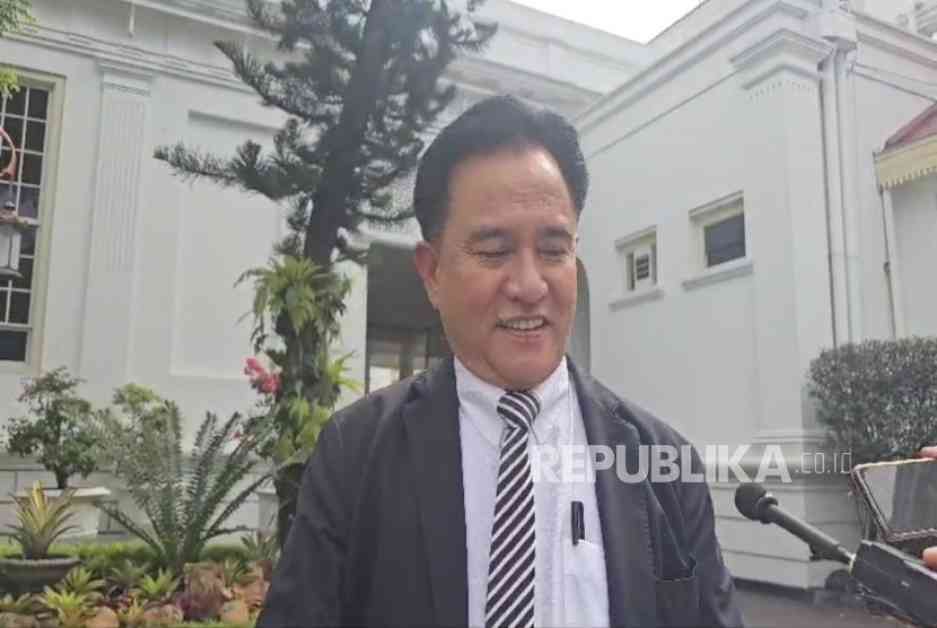Menko Yusril: Paulus Tannos Status as Indonesian Citizen
In a recent development regarding the corruption case of electronic identity card (e-KTP) procurement, Minister for Legal, Human Rights, Immigration, and Correctional Affairs, Yusril Ihza Mahendra, has labeled the fugitive Paulus Tannos as an Indonesian citizen when allegedly committing the bribery. The Indonesian government is currently in communication with the Singaporean government to extradite Paulus Tannos back to Indonesia. Minister Yusril clarified that extradition requests by the Indonesian government only concern its citizens who have committed crimes.
Government Communication with Singapore for Extradition
The Indonesian government, particularly the Ministry of Law, is coordinating with several other ministries and agencies to work with Singapore for the handover of the fugitive. Minister Yusril predicts that the extradition process for Paulus Tannos will not be lengthy, given the strong relationship between Indonesia and Singapore. He mentioned that both governments have cooperated in numerous cases, sometimes bypassing formal extradition processes through police cooperation or mutual legal assistance.
KPK’s Confirmation and Assurance
The Chairman of the Corruption Eradication Commission (KPK) of Indonesia, Setyo Budiyanto, emphasized that Paulus Tannos’ change of citizenship will not impact the extradition process. He expressed confidence that everything will proceed smoothly. Vice Chairman of the KPK, Fitroh Rohcahyanto, confirmed Paulus Tannos’ arrest in Singapore and assured that the KPK is collaborating with the Indonesian National Police, the Attorney General’s Office, and the Ministry of Law to fulfill the necessary requirements for his extradition to Indonesia promptly.
Smooth Extradition Process Anticipated
Minister Yusril and Chairman Setyo Budiyanto both anticipate a swift extradition process for Paulus Tannos, with the hope that cooperation between Indonesia and Singapore will facilitate the transfer efficiently. The Indonesian government’s efforts to request extradition from Singapore demonstrate a commitment to addressing cross-border criminal activities effectively.
Conclusion
The case of Paulus Tannos highlights the importance of international cooperation in combating corruption and ensuring justice is served across borders. The ongoing communication and collaboration between the Indonesian and Singaporean governments underscore their commitment to upholding the rule of law and holding individuals accountable for their actions, regardless of their citizenship status. The extradition process for Paulus Tannos serves as a testament to the shared values of transparency, accountability, and integrity in combating corruption at a global level.














